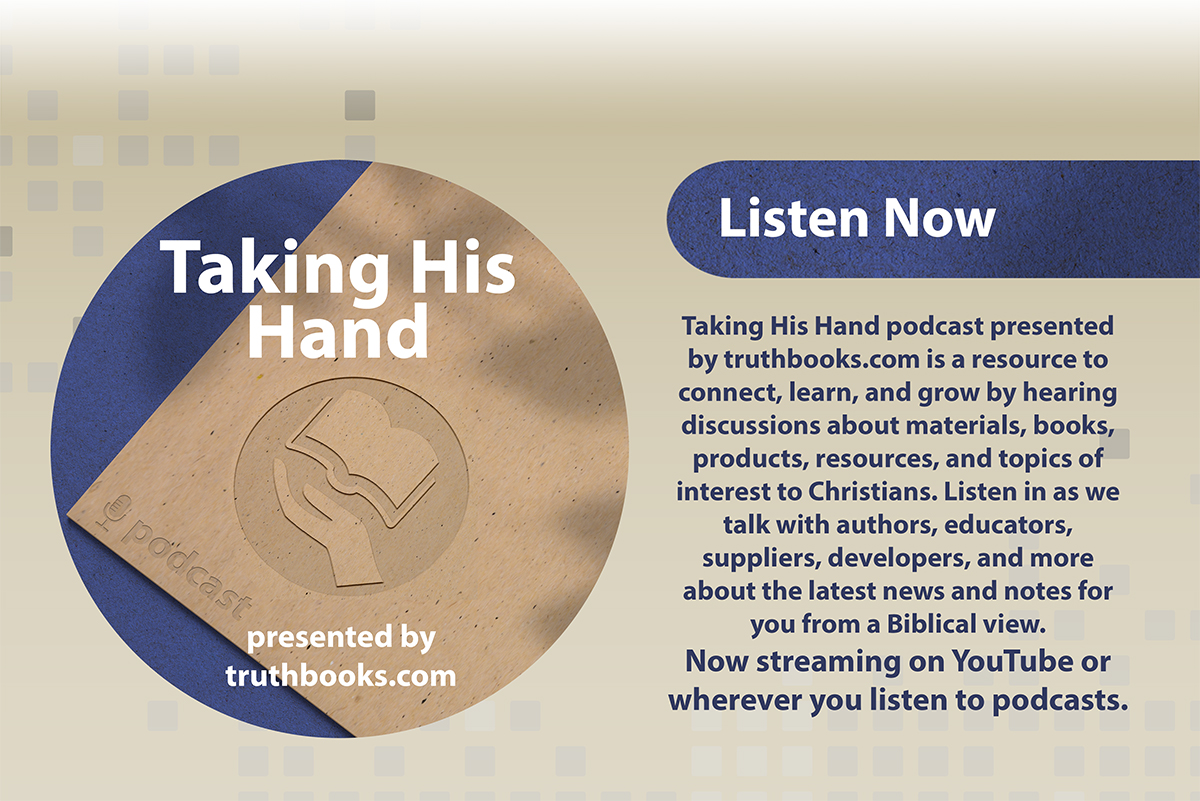
by Kyle Pope
Synopsis: Even in the Lord’s church, folks sometimes feel isolated from others with whom they should feel connected. Let us consider the causes and the cure to such problems.
My wife and I recently watched a six-part documentary on the British royal family entitled The Royal House of Windsor (UK: Channel 4 Television Corporation, 2017). While we were both fascinated to learn more about the history of this family that has captivated the interest of the West for over a century, I was particularly intrigued by a detail I learned about the husband of Queen Elizabeth II: Prince Philip, Duke of Edinburgh. He was the great-great-grandson of Queen Victoria (1819-1901). He was born with the official title, Prince Philip of Greece and Denmark, and was in the line of succession to the thrones of both Greece and Denmark. Like many European royal families of that time, he is related to other royal families across national lines. He and his wife (the current Queen of England) are actually third cousins through Queen Victoria and second cousins once removed through King Christian IX of Denmark. After the fall of other monarchies, his family's exile from Greece, and the anti-German sentiments that followed World War I, Philip's German family heritage posed a problem. His family name was originally Battenberg but was changed to Mountbatten to avoid its German-sounding connotations. Yet, when Philip married into the house of Windsor, although he was of royal descent, he would be viewed as an outsider throughout most of his life. The episode in the documentary focusing on Philip was entitled "Enter the Outsider." So, a royal prince and husband of a nation's sovereign was an outsider within his own family!
Many people experience times and situations in life when they feel like outsiders. Sadly, even within the church, this happens all too often. It can happen to. . .
It is a blessing to have godly parents who work to bring their children up "in the training and admonition of the Lord" (Eph. 6:4, NKJV). However, those not blessed with this experience can feel isolated and different. They have no idea what it is like to have believing parents and siblings who offer examples of faith. When around others who enjoy this blessing, they can feel like outsiders.
Times of worship are an essential source of encouragement. It is a time to "consider one another in order to stir up love and good works" (Heb. 10:24). Those with family who share their faith can be especially encouraged to see those of their own common blood demonstrating "common faith" (Titus 1:4), hoping for a "common salvation" (Jude 3). However, for those who do not have family who attend the same congregation, they can easily feel left out, neglected, or even envious, wishing they, too, could receive such encouragement.
Many people relocate because of jobs or family and find themselves living in places far different from where they were raised. While people share a similar nature, regardless of their nature, different upbringing and background produce different ways of speaking, doing things, and even adopt different customs and traditions. Like the test used by the men of Gilead to discover Ephraimite imposters, whether one says it "Shibboleth" or "Sibboleth" can make fellow Christians feel like outsiders (cf. Judg. 12:5-6).
A new convert does not know all of the unspoken norms and practices mature Christians do without thinking. Is certain clothing inappropriate? Should I avoid certain words and expressions? Are there habits I need to quit? Mature Christians should always approach babes in Christ with "compassion, making a distinction" between the unlearned and the rebel (Jude 22). Still, until those things become familiar, the soul new to the faith can feel ostracized as an outsider.
While the gospel does not change but is "once for all delivered to the saints" (Jude 3), while Jesus is "the same yesterday, today, and forever" (Heb. 13:8), customs and traditions regarding matters of judgment in serving Christ through the gospel do change. Perhaps a brother or sister was used to certain meeting times that are now different. Perhaps an individual was used to certain clothes always being worn to times of worship and Bible study. Perhaps a church website, live streaming, or projecting songs during worship are unfamiliar and new to them. To see these kinds of things change, and everything around them be so different, can be a lonely feeling.
We might notice from the situations described above that feeling like an outsider is not unique to only Christians of a particular age, maturity, or history within a congregation. Those who have been Christians for years can feel this way. Those who have been long time members of a congregation can feel this way. Those of great visibility within a congregation can feel this way, as well as new members.
While it may be common, at times, for Christians to feel this way, it is important to recognize that this is not how it should be. As the Bible teaches it, in Christ. . .
The apostle Paul told the saints in Galatia, "For as many of you as were baptized into Christ have put on Christ. There is neither Jew nor Greek, there is neither slave nor free, there is neither male nor female; for you are all one in Christ Jesus" (Gal 3:27-28). Although sometimes, as a Christian, I might feel like an outsider, the reality is that in becoming a Christian, I am automatically one with all others who genuinely belong to Christ. Unless I choose to depart from the faith, I am "one" with all others who are "in Christ Jesus."
As Christians, Paul says of our identity: "Now you are the body of Christ, and members individually" (1 Cor. 12:27). The Christian belongs to the body of Christ and to all others who belong to Him. As such, we have a function outlined by God. Paul explained that the "whole body" is "joined and knit together by what every joint supplies, according to the effective working by which every part does its share, causes growth of the body for the edifying of itself in love" (Eph. 4:16). Whether I (or other members) fulfill our function, it does not change the fact that I have a function. I belong!
In addressing Gentiles in the Ephesian church, Paul described a time when they were outsiders. He wrote, "Therefore remember that you, once Gentiles in the flesh, who are called Uncircumcision by what is called the Circumcision made in the flesh by hands, that at that time you were without Christ, being aliens from the commonwealth of Israel and strangers from the covenants of promise, having no hope and without God in the world" (Eph. 2:11-12). Yet, having come to Christ, he explains further, "But now in Christ Jesus, you who once were far off have been brought near by the blood of Christ" (Eph. 2:13). For Christians, the condition of being an outsider is a past condition. No one in Christ is an outsider any longer.
As Peter encouraged brethren to withstand Satan, he urged them, "Resist him, steadfast in the faith, knowing that the same sufferings are experienced by your brotherhood in the world" (1 Pet. 5:9). Whether it is feelings of isolation or sin, generally, we take courage in the fact that Christians throughout the world face the "same sufferings." Yet, Peter describes us as a "brotherhood." We are part of a family of believers that spreads throughout the world. Unfortunately, our brothers and sisters may not always stand with us as they should, but we are never alone even when this happens. Paul wrote, "At my first defense no one stood with me, but all forsook me. May it not be charged against them. But the Lord stood with me and strengthened me, so that the message might be preached fully through me, and that all the Gentiles might hear. And I was delivered out of the mouth of the lion" (2 Tim. 4:16-17).
Do you feel like an outsider? If you have never obeyed the gospel, you are? Yet, it does not have to remain that way. Turn to Christ in faith and obedience, and you will gain a connection to a family of faith, unlike anything you have ever known (cf. Eph. 3:14-19). As a Christian, do you feel like an outsider? Recognize that you are not the first to feel that way (cf. Ps. 142:4). It may be that the very brothers and sisters from which you feel isolated struggle with the same feelings. Reach out to them. Be to them what you wish you could feel from them. If you do not feel like an outsider, great; but recognize the vital role you can play in helping others overcome this obstacle to faith (Rom. 12:15). Look around you. Reach out to those who may not feel as connected as you do. Be a source of encouragement and inclusion to a brother or sister who needs it. You may never know what spiritual help you can be to others by doing that. 


